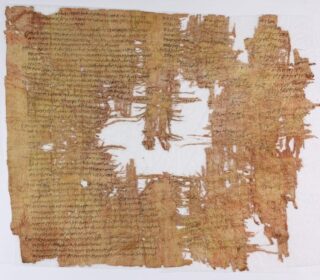For centuries, the origin story of peaches in America has been attributed to Spanish explorers. However, a groundbreaking study reveals that Indigenous communities played a pivotal role in the widespread adoption and cultivation of peaches across North America.
Debunking the Spanish Narrative
Researchers from Penn State and the University of Georgia have challenged the conventional wisdom that Spanish explorers introduced peaches to America. Instead, they found that Indigenous communities leveraged their complex social networks and agricultural expertise to cultivate diverse peach varieties, shaping the continent’s peach industry.
The Power of Indigenous Networks
The study highlights the crucial role of Indigenous networks in the spread and cultivation of peaches. By analyzing historical documents, radiocarbon dating, and archaeological sites, the researchers discovered that peaches were widespread across Indigenous settlements in the interior southeast as early as 1620.
A More Complex History
The findings suggest that the early Spanish settlements became important trade nodes within existing Indigenous networks, creating the necessary conditions for the spread of peaches. This challenges the simplistic narrative of Spanish explorers introducing peaches to America, instead revealing a more complex and nuanced history.
Indigenous Contributions and Cultural Significance
The study emphasizes the importance of recognizing Indigenous contributions to American history and culture. By understanding the role of Indigenous people in shaping the history of peach cultivation, we can gain a deeper appreciation for the complex and multifaceted nature of American history.
A New Perspective on American History
This research offers a fresh perspective on the history of America’s peaches, one that acknowledges the significant contributions of Indigenous communities. As we continue to uncover the hidden histories of America’s past, we can work towards a more inclusive and nuanced understanding of our shared cultural heritage.

















